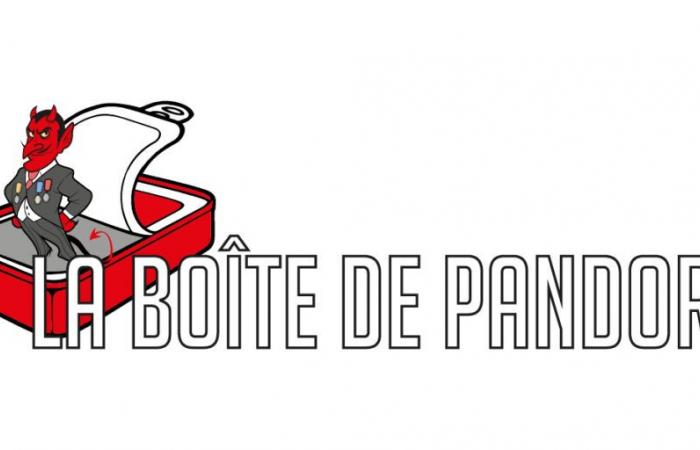No, this is not the start of a medical column in your favorite satirical weekly. Although, it could! Linguistics experts at Oxford University Press submitted a shortlist of six words that have shaped the moods and conversations of 2024 to a popular vote in which more than 37,000 people took part. The word ‘winner’ and Oxford word of the year is brain rotwhich could be translated as “brain rot” or “brain rot”.
The definition of “brain rot” given by experts is “supposed deterioration of the mental or intellectual state of a person, particularly considered to be the result of overconsumption (in particular, today, online) of content considered as insignificant or unstimulating. Also: something characterized as likely to lead to such deterioration.”
L’expression brain rot has gained prominence this year, experts say, to identify concerns about the impact of excessive consumption of poor online content, especially on social media.
The frequency of use of brain rot increased by 230% between 2023 and 2024. The expression is not new. It was the American naturalist and transcendentalist philosopher Henry David Thoreau (1817-1862) who first used it, in 1854, in Walden, the book to which he owes his notoriety and in which he relates his experience of a mode of simple life in nature.
In his conclusions, Thoreau criticizes society’s tendency to devalue complex ideas, or those that can be interpreted in multiple ways, in favor of simple ideas, and considers this to reflect a general decline in mental and intellectual effort. . “While we strive to prevent the rotting of potatoes, will no one, he asks, strive to cure those who have heads like a potato, i.e. d. those who suffer from brain rot, a disease that is much more widespread and fatal? » That’s not exactly how he said it, but it’s just like that.
From the 19th century to the digital and discriminatory Anthropocene, the meaning of the term has evolved, particularly during this year. Having first gained traction on social media platforms – TikTok, notably, among aficionados of the brain rot languages ”skibidi” (absurd) and “Ohio” (embarrassing, strange) in Generations Z and Alpha -, l he phrase “brain rot” has come into wider use, say linguists at Oxford University Press. It is now appearing in mainstream journalism, specifically in reference to societal concerns regarding the negative impact of overconsumption of online content with a spillover of virtual viral culture into the real world. In 2024, the expression “brain rot” describes both the cause and effect of the phenomenon, brain rot and brain rot.
Are you surprised that the potential negative impact of excessive consumption of online content on the mental health of children and adolescents is pushing educational establishments to ban digital media and return to books printed on paper and health centers mental health to give advice on how to guard against “brain rot”. Perhaps we should think about extending this prophylaxis to all those vain people who in the political world and the media, by telling nonsense and spreading funny ideas, expose their smoky brains and those of their fellow citizens to a other form of brain rot.
THE PALINGENESIST
https://lepalingenesiste.substack.com






